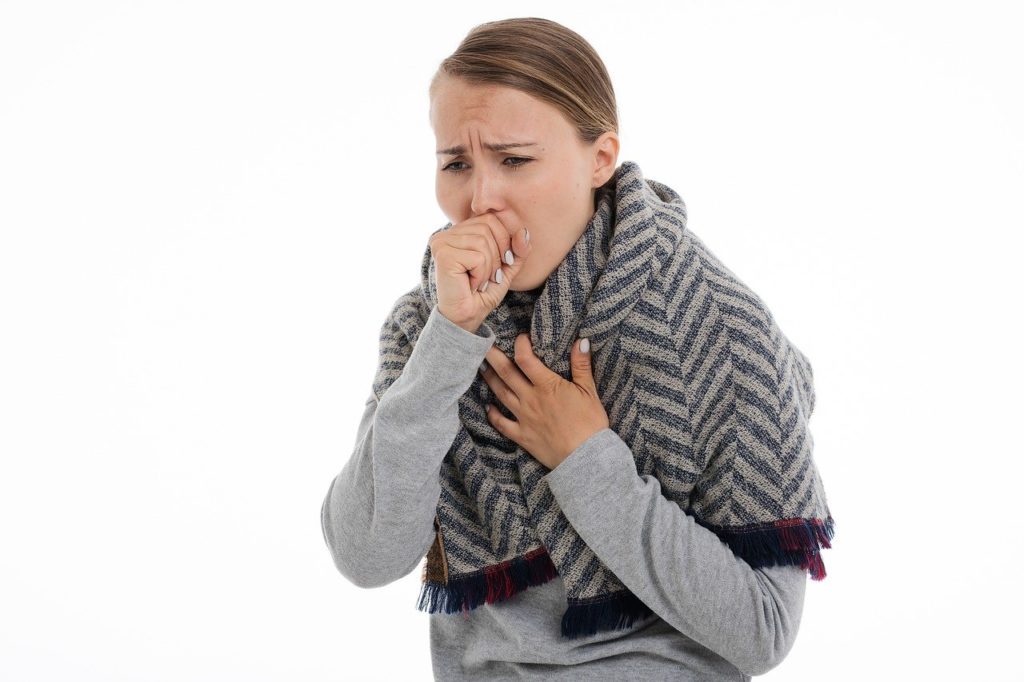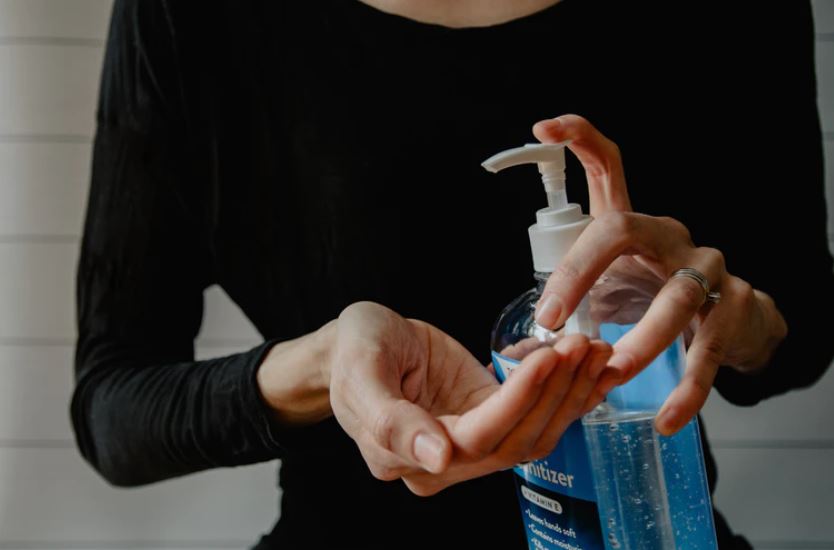Hand Sanitizers have become the most sought after product following the outbreak of the COVID-19, and it is not a walk in the park, anymore, to get yourself a bottle of hand sanitizer, either from your local chemist or by placing an online order. Yes.. hand sanitizers are running out of stock, everywhere. But in this time of a global COVID-19 pandemic, it is important to ensure that your hands are clean and free of germs. Why?
Several studies suggest that we may be unknowingly touching our faces anywhere between 16 to 23 times, per hour. Think you are better than that? As per a study, even medical professionals may be touching their faces roughly 19 times in a span of 2 hours, while not observing appropriate hand hygiene. This is particularly risky as most viruses enter our body from the mouth, nose or eyes. Regular handwashing can prevent around 20% of respiratory infections. So yes, it is really important to keep our hands clean in order to safeguard ourselves and prevent the spread of infections.
Is hand sanitizer the best Way of keeping your hands clean? What are the alternatives to hand sanitizers?
The best way to keep your hands clean is to wash them with soap and water. However, it is also important to wash your hands the right way, which requires you to scrub your hands, for at least 20 seconds, before rinsing them under clean tap water.

Since it may not be always possible to find a basin, while outside your home, during travel, in a supermarket or maybe just after pressing the lift button etc, so it is important to carry a hand sanitizer bottle with you, for keeping your hands clean.
UNICEF recommends alcohol-based hand sanitizers (with at least 60% alcohol content), or chlorinated water to clean your hands, in case you do not have access to soap and running water. The WHO also mentions these disinfectants, in its list of essential medicines.

Types of Hand Sanitizers
- Alcohol based hand rub- Alcohol (ethanol or isopropyl alcohol) is the active ingredient.
- Alcohol free hand sanitizer – These contain benzalkonium chloride, as a substitute for alcohol.
How does an alcohol-based hand sanitizer work?

Alcohol-based hand sanitizers are potent enough to kill various types of bacteria and viruses, by unfolding and deactivating their proteins. This mechanism is known as the denaturation of proteins. Alcohol is also useful in killing enveloped viruses, including the coronavirus, but is less effective at killing non-enveloped viruses. Research states that 60% or higher alcohol concentration is required, for alcohol-based hand sanitizers to be effective. So, yes, it is important to check the label, when you buy a pack of hand sanitizer.
Limitations of Hand Sanitizers
-
- Hand sanitizer may not be as effective as soap and water, in eliminating all types of germs from your hands. However, they can effectively reduce the number of germs, on your hands.
- Using a hand sanitizers on greasy or visibly dirty hands, may not be quite helpful. This can be easily verified by using a hand sanitizer on your oily or dirty hands. You may not get a satisfactory clean feeling, even after using quite a handful.
- Hand sanitizers may not be quite effective in removing harmful chemicals like pesticides and heavy metals, from your hands.
- Even alcohol-based hand sanitizers may not be effective in combating with Infectious mucus
When is an alcohol-based hand sanitizer less effective against infectious mucus?
Research confirms that the IAV or Influenza A viruses may not be deactivated by sanitizing the hands with an alcohol-based hand rub, even, for a full 2 minutes. The reason is that the mucus forms a thick hydrogel structure, around the virus, because of its thick consistency, thereby protecting the virus from ethanol. Until the sputum or the mucus has dried off completely, infectious Influenza A viruses can remain on your fingers and hands, even after using an alcohol-based hand rub.

So it is important to wash your hand with soap and water if you happen to cough or sneeze into your hands. However, if a basin is inaccessible, it is important to rub your hands with alcohol-based hand sanitizer, for at least 4 minutes, for it to be effective.
Things you need to make a hand sanitizer at home
In case, you are having a hard time buying a sanitizer, then you can also prepare the formulation yourself.
Make your own alcohol-based hand sanitizer, at home
WHO has published guidelines for making your own alcohol-based hand sanitizer using 75% isopropyl alcohol or 80% ethanol (popularly known as rubbing alcohol), hydrogen peroxide and glycerol (moisturizing agent). For the complete process of local or in-house production, check out page 6 of the WHO recommended hand sanitizer formulations.
However, if you are looking for a simple yet effective version of the same, then, in layman terms, all you need to do is mix together 99% rubbing alcohol (2/3 ratio) and some aloe vera gel (1/3 ratio), in a clean container, with the help of a spoon or a whisker. Pour it into the storage bottle with a funnel and give it a good shake.
This popular 2 ingredient recipe is super easy to make and can be concocted easily at home. There are, also, other variants of this recipe using 3:1 ratio of rubbing alcohol to aloe vera gel, that are available online. But it is important to get the concentration right (60% or higher) and use clean and hygienic tools and storage containers, or else it may not serve the required purpose.

Well written and well researched..great work.
Thank you Anjali.. Hope things get better soon!
Good content with info needed during these challenging times. Hope everyone takes good care of themselves and others so that we all come out of this situation as soon as possible.
True Tulasi.. I hope things get better soon!
Answered more questions that I had in my mind. great article
You appear to know a lot about this, like you wrote the guide in it or something.
An excellent read. I will certainly be back.
Thanks Rae Cierra
All the articles on Happily Unsorted are well researched and I am really glad that you liked it.
Good to get so much information about hand sanitizers, at one place
Quite an informative article on hand sanitizers
Well researched article. Very informative.👌
Thank you Geetika 🙂
It is quite surprising for me to find out the limitations of hand sanitizers. Used to believe they are a panacea of hygiene
Wow.. quite a misconceptions cleared about hand sanitizers. Great Work
I used to think hand sanitizer is effective against everything. But this article is quite an eye-opener.
Thanks for the informative work
very detailed
Really informative
Thank you sharp-johnson
So thorough! Really liked the in-depth information shared here
Thanks Anmol